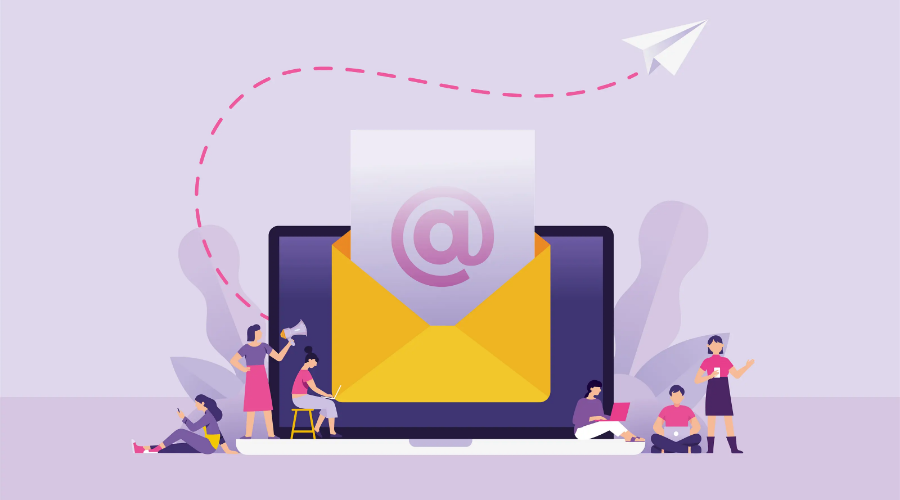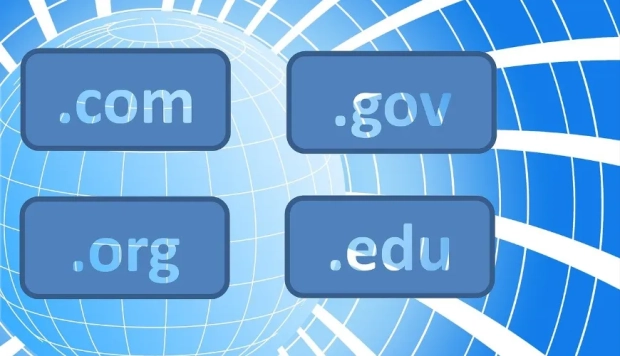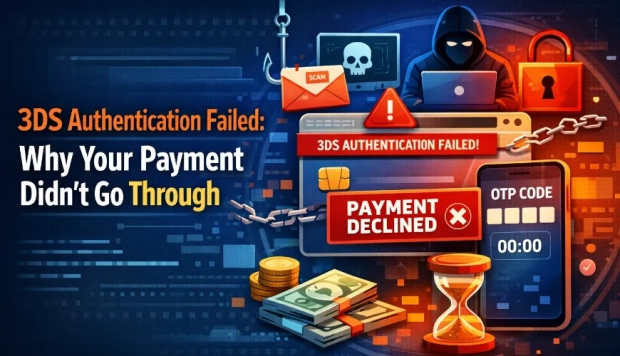How Students Can Use Email Networking To Connect With Mentors And Professionals

Students often seek guidance from industry experts. Sending emails helps them build connections that open doors to internships and career advice. A well-crafted message shows professionalism, real interest, and respect for the recipient's time. Clear, direct communication boosts the chances of a reply. Thoughtful networking can lead to mentorship, job leads, and valuable insights. Using email effectively turns a simple inquiry into a potential career opportunity.
Crafting a Strong Subject Line
The subject line decides if an email gets opened or ignored. It must be clear, specific, and relevant. A strong subject line makes a recipient curious or shows value. For example, instead of "Follow-up,” writing "Quick question about your latest project” adds context. Mentioning a shared connection, like "Referred by John Smith,” increases the chances of engagement. A professional yet concise approach works best. "Meeting request: 10-minute call this Thursday?” is direct and effective. Avoid vague phrases like "Hello” or "Important,” as they may seem like spam. Keeping it short, relevant, and personal ensures higher open rates.
Writing a Concise and Polite Message
A strong professional email should be clear, respectful, and structured. Begin with a polite greeting and a short introduction to set the tone. Stating the purpose early makes the message more effective. Use respectful language to leave a positive impression. Avoid unnecessary details or long explanations that might distract from the main point. Every sentence should contribute to the message. Keep requests polite and specific, allowing flexibility for a response. Proofreading helps maintain clarity and ensures a smooth, professional exchange. Students often face challenges when completing written work and when composing a competent letter they may need expert guidance. Seeking assignment help from writing service Edubirdie can become a lifeline. This service has supported students for years, offering expert writing assistance. Professional writers help with research, structuring papers, and meeting deadlines. The service ensures high-quality work tailored to academic needs. With their help, you can create a well-structured, personalized email that increases the chances of a meaningful response.
Highlighting Shared Interests or Connections
Mentioning a shared background in an email strengthens connections. If the recipient attended the same university, worked in a similar field, or belongs to the same industry, referencing that builds familiarity. A line like, "As a fellow Harvard graduate, I admire your work in finance,” adds a personal touch. Including details about their achievements or projects shows real interest. Thoughtful emails stand out, making replies more likely. Personalization turns networking into meaningful conversations.
Ways to strengthen an email with shared connections:
- Mentioning a common alma mater: "I noticed we both studied at UCLA.”
- Referencing industry experience: "Your research in AI development aligns with my current studies.”
- Highlighting mutual contacts: "John Smith suggested I reach out to you.”
Personal touches make an email more engaging and increase the chances of a reply.
Keeping the Request Clear and Actionable
A mentor should grasp the purpose of an email within seconds. Studies show that emails under 125 words have a higher response rate than longer messages. Clearly stating a request, such as "Would you be available for a 10-minute call next Tuesday?” increases engagement. Emails with a specific question receive 50% more replies than vague requests. A poorly structured email, such as "I need advice. Can you help?” may go unanswered. Instead, writing, "I'm considering a career in marketing and would love your insights on industry trends,” shows preparation. Ending with a polite thank-you maintains professionalism. For example, "I appreciate your time and any advice you can share” reinforces respect.
Following Up Without Being Pushy
If there is no response within a week, sending a polite follow-up can help. A short, respectful reminder shows persistence without appearing pushy. Professionals receive dozens or even hundreds of emails daily, so a second message increases visibility.
A good follow-up should include:
- A brief reminder of the initial request: "I wanted to follow up on my email from last week.”
- A restatement of the purpose: "I would appreciate your thoughts on this topic.”
- A flexible approach: "If now isn't a good time, I completely understand.”
- A polite closing: "Thank you for your time, and I look forward to your response.”
Following up after 5-7 days improves response rates without overwhelming the recipient. Keeping the message concise and professional ensures a higher chance of engagement.
Email Networking: A Gateway to Professional Growth
Students use email networking to find mentors and career advice. A well-crafted message improves the chances of a reply. Clear language, a personal touch, and a professional tone strengthen connections with industry experts. Instead of a vague request, mentioning the recipient's work adds engagement. A brief, polite follow-up boosts response rates. When done right, email networking builds meaningful relationships, opening doors to career insights and new opportunities. Thoughtful communication turns a simple email into a powerful career tool.



